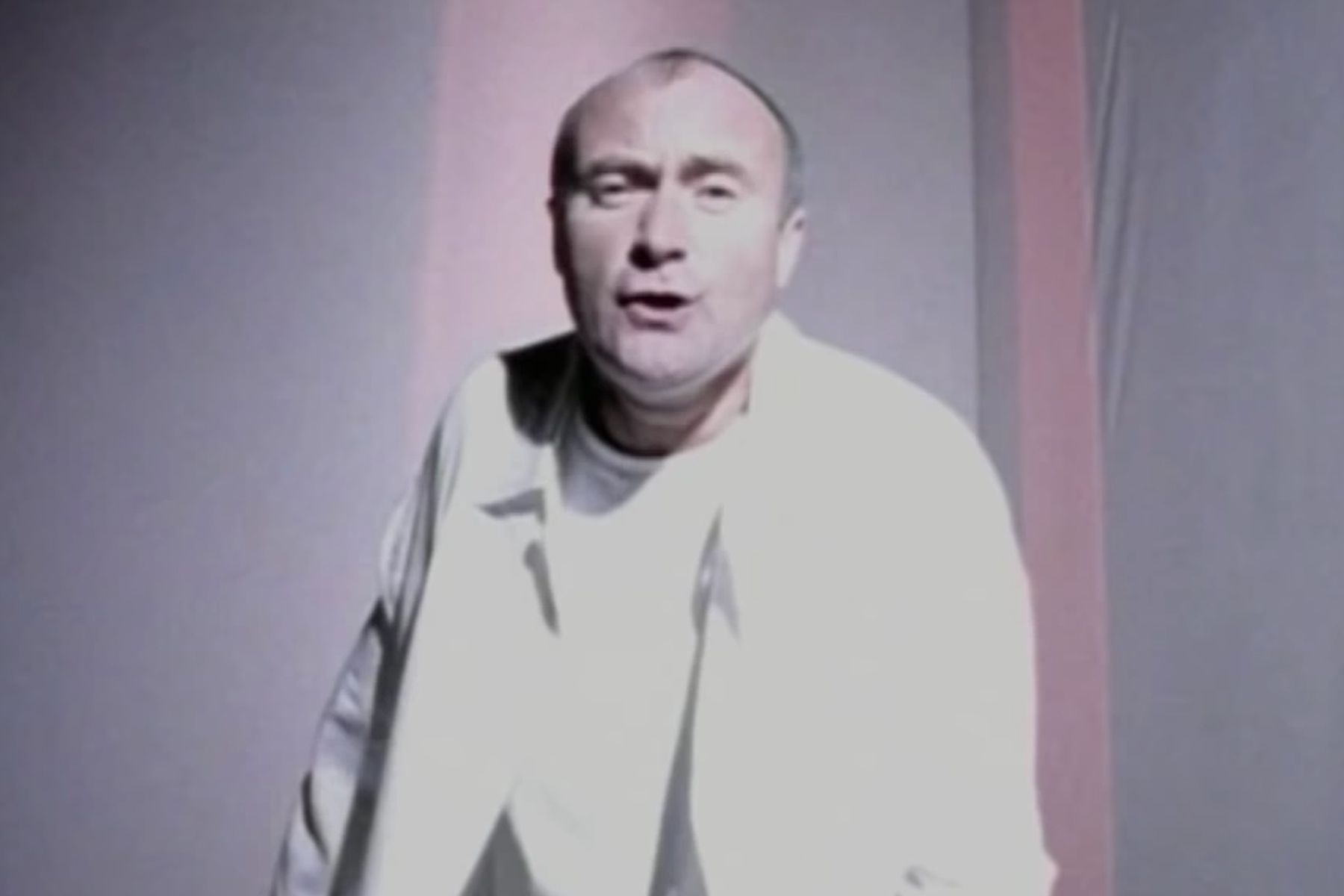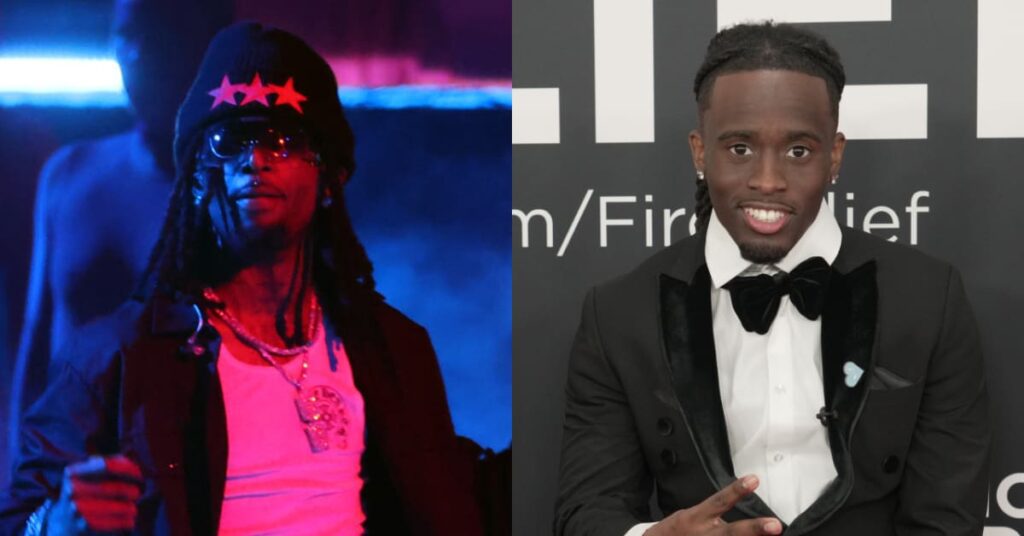
Flashback: Phil Collins Dances Into the Light
Earlier this week, we shared the ballot that Beastie Boy Adam Horovitz submitted for the Rolling Stone 500 Greatest Albums list. It was, to put a mildly, a very eclectic list that included Marching Band Favorites by the Tremont High School Drum Line, Boogaloo in Brooklyn by Juan Epstein, and Ultimate Spinach’s 1968 self-titled debut. Some of these albums are legit even if they are quite obscure, while others exist only in far-off dimensions like the Welcome Back, Kotter Universe.
And then there was number 27: Dance Into the Light by Phil Collins. It’s the only album on Horovitz’s list by a mainstream performer, even if the sound is as far away from the Beastie Boys’ musical stylings as humanly possible, let alone the works of Urszula Dudziak, the Satin Velvettes, or the Frank Figueora Funk Ensemble.
Dance Into the Light came out in October 1996, months after the public learned that Collins had left Genesis. His previous record, 1993’s Both Sides, was a dark and personal work about the collapse of his marriage to Jill Tavelman. Songs like “Everyday” and “Can’t Turn Back the Years” rank right up there with his best works of the Eighties, but the album was the first commercial disappointment of his solo career.
On Dance Into the Light, he attempted to change course and deliver a collection of light, happy songs. Had the album hit in 1989, it probably would have sold by the millions in America. But the post-grunge music scene was a very different world and artists like Collins no longer had the support of Top 40 radio, MTV, or even VH1. It became his first American album without a single Top 40 hit. Check out the video for the title track.
Collins tried one more time with 2002’s Testify, but when that sold even worse than Dance Into the Light he basically walked away from his recording career. His only solo release since then is the 2010 Motown covers LP Going Back. He did, however, “officially un-retire” as a touring act in 2017. He’s plotting a Genesis reunion tour next year, presuming the pandemic clears enough to make that possible.
Collins has hinted at the possibility of new music in a few recent interviews. Should a new album emerge, Horovitz will be ready. He can add it into his collection next to recent works by Janice Montcrieff, Crabby Appleton, and Crianças Loucas.





